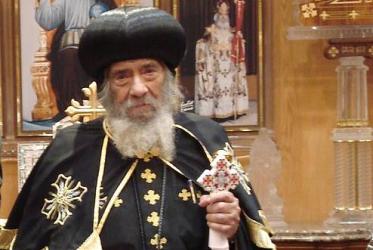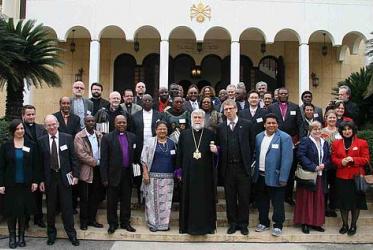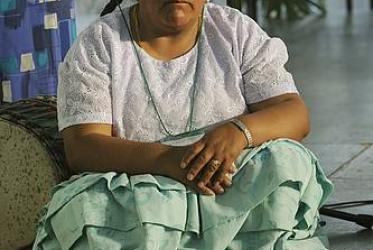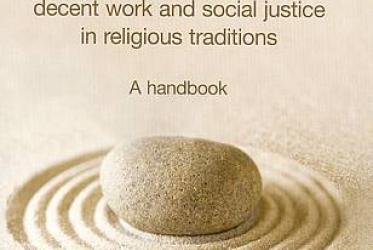Displaying 2041 - 2060 of 3020
"Transformative spirituality is a breath of fire"
23 March 2012
WCC pays tribute to late president Pope Shenouda III
18 March 2012
Delegation from Taizé at WCC offices
14 March 2012
WCC consultation in Beirut explores conciliar ecumenism
16 February 2012
Called to Be the One Church: Faith and Order at Crete
Report of the 2009 Meeting of the Plenary Commission — Faith and Order paper No.212
15 February 2012
Christian self-understanding in the context of indigenous religions
14 February 2012
WCC speaker addresses Catholic superiors general
30 January 2012
Working together for social justice and decent work
23 January 2012
Faith communities promote “safe spaces” to discuss health issues
19 January 2012









